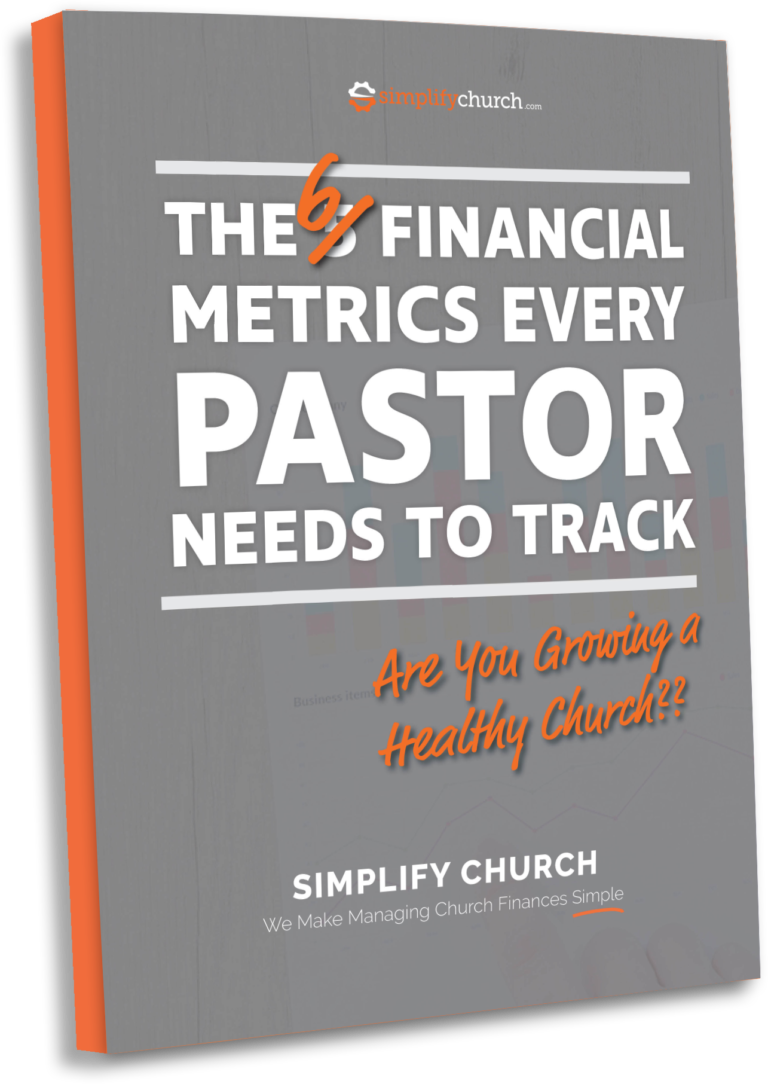You’re ready to bring on a new church staff member. Only the question you really need to know the answer to is how you are going to pay them. Should you classify them as an employee (who receives a traditional W2) or as an independent contractor (who receives a 1099)?
Employee Vs. Independent Contractor: What’s the Difference and Does It Matter?
One of the most common questions we get asked is whether to classify someone as a 1099 Independent Contractor. Usually when a church contacts us and uses the word “stipend” in a conversation about compensation, we know that we’re going to have a discussion about Independent Contractors vs. Employees.
First let’s define the terms.
An employee is someone who works directly for an employer and receives a W2 each year. Being an employee may also entitle the individual to other benefits like health care coverage, FMLA and unemployment benefits. The employer is responsible for withholding and filing taxes on behalf of the employee.
An independent contractor, in the eyes of the government, is self-employed. Self-employed individuals are not eligible for things like FMLA, ADA or unemployment. The contractor is responsible for all their own taxes; therefore, nothing is withheld from their paycheck. An employer who utilizes the skills of an independent contractor, just pays the contractor and provides him or her with a 1099 each year.
As you can see, paying someone as a contractor is appealing to employers because the employer is not responsible for withholdings, insurance, etc.
Can I Just Pay My Church Staff as Independent Contractors?
The IRS is a bit vague about the specific distinctions between the two categories. They give churches and nonprofits a lot of leeway in determining organizational structure; however, the IRS does provide some guidelines to help make that determination.
Making the right determination is important because there are penalties for misclassifying an employee. The penalties vary on a case-by-case basis from monetary fines to even criminal punishment.
The full list of the IRS criteria on whether or not someone should receive a 1099 can be found here. This can be a little difficult to decipher if you’re not a CPA or an attorney, but here are some guidelines to help you determine how to classify your next hire.
There are three phrases you need to keep in mind to help you make a wise determination:
- Time Control
- Tools and Resources
- Expected Longevity of Relationship
Let’s break these down.
Do You Exercise TIME CONTROL Over the Person?
If the person who’s getting compensated from your ministry is expected to put in a specific number of hours or work at certain times, that means you’re exhibiting time control over that person. You’re telling them when to do the job or how long it should take. This also comes into play if you give the individual a specific number of hours they are to work for a given time period.
If you have time control over the person, more than likely they should be classified as an employee for your organization.
We find a lot of churches want to classify musicians as 1099, mostly for payroll simplicity. One fact to consider specifically is that you probably tell the musicians that they need to be at the church on Sunday mornings. This is an example of exhibiting time control. We’ll return to this specific example in a moment.
Do You Give Them the TOOLS & RESOURCES to Do Their Job?
If the person working for your ministry is using your tools and resources to complete their task, more than likely they’ll need to be classified as an employee. This could be someone using a church computer for bookkeeping, someone designing and printing church bulletins for Sunday morning or your marketing, social media or video people using a church computer to get things posted. If you are paying this person and they are using your equipment, they would most likely be considered an employee and not an independent contractor.
Another instance would be your cleaning crew using the church’s vacuums, mops, brooms, etc. If they are using the church’s equipment to complete the task, they need to be classified as an employee.
Or consider church musicians. If you are paying your church musicians and they are using the church’s sound system (equipment) or playing the church’s piano or drumset (equipment), they might need to be classified as an employee of the church.
Is There a LONG-TERM EXPECTATION of Relationship?
We find that some churches want to pay their pastors as 1099 Independent Contractors. Many do this because they misinterpret the self-employed dual status of pastors.
According to the IRS, pastors are considered self-employed, but only for SECA (Medicare and Social Security), not their employment status. Yes, we know this is confusing.
The point here, however, is that if there is an expectation of a long-term relationship between the individual and the organization, a person should most likely be classified as an employee.
But a Church Musician, Really?
Back to our example of how to classify church musicians. This is one of those areas that even the IRS isn’t very clear about in their determination. If a musician plays for several different organizations and they aren’t “required” to be at your church, they would most likely be considered an independent contractor. In any case, the situation needs to be analyzed carefully and it’s best to document whatever decision you make. The documentation won’t change the IRS decision if your church is ever audited, but you will at least have a basis to share why the specific decision was made.
If you are confused about how to handle any particular situation, we recommend getting some paid legal advice. This is simply a short overview for informational purposes only and it definitely doesn’t encompass all situations.
At the end of the day, if you question whether or not a person should be classified as an employee or independent contractor, it is best to err on the side of paying someone as an employee. The penalties for misclassification of a person far outweigh any savings you may gain by trying to make someone a contractor.
Does Hiring a Person Have to Be Complicated?
Nope. If you’re ready to eliminate the confusion and guesswork that comes with managing payroll for your church, we’re here to help! We’ll make sure that all your withholdings are set up correctly, we’ll file your paperwork and ensure that the pastor’s compensation is handled correctly. Save yourself valuable time and a lot of headache by partnering with us, instead of trying to navigate things on your own. Give us a call or apply today to get started!




